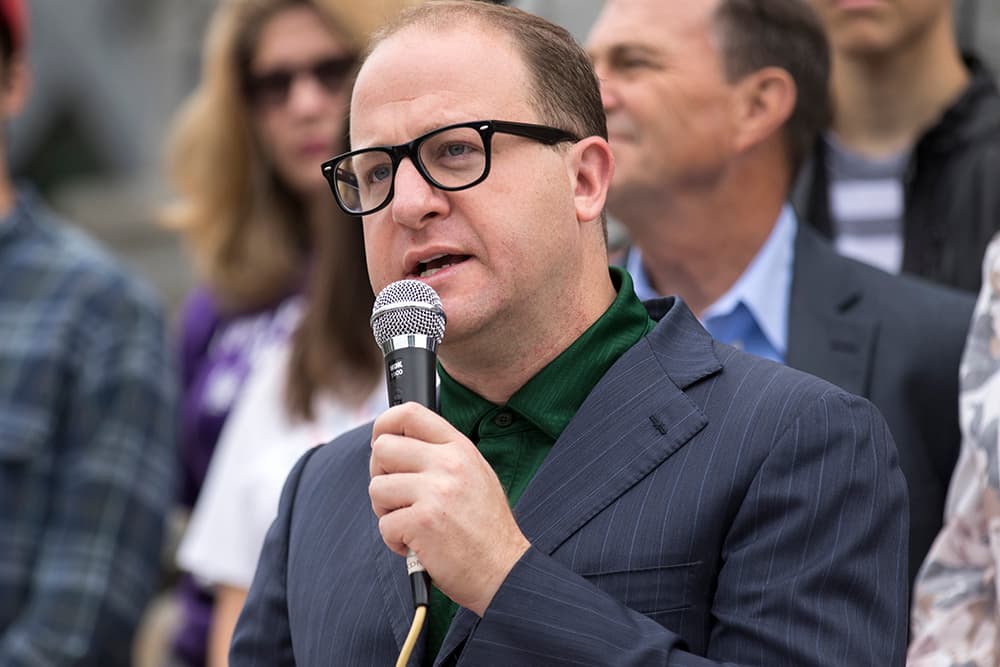Rep. Jared Polis, one of the frontrunner Democratic candidates for governor in Colorado, has announced his strategy for getting onto the ballot: He'll do it all.
Candidates have two options for getting into the Democratic primary. They can collect petition signatures, or they can participate in the caucuses, which are in-person meetings where voters gather to make decisions.
Or they can do both, which is the Polis plan. It's a costly route, but it also could carry some benefits for them.
What they'll have to do:
With the petition route, the campaign will have to collect 1,500 signatures from each of the state's seven congressional districts, a total of 10,500. Petitions are due by March 20. It can be an expensive process, but anyone who does it gets onto the primary ballot.
Candidates also can try to get on the ballot via the Democratic caucuses in March. Delegates selected at the caucuses eventually vote at the party's state assembly to decide who should get on the ballot. Any candidates that get 30 percent of the vote at the assembly get onto the ballot.
However, Polis is doing both, which actually brings a special risk, per Corey Hutchins' helpful explainer.
Normally, candidates automatically get on the ballot just by getting the 10,500 signatures. But things get complicated if they also go through the assembly. Candidates who are both petitioning and caucusing have to get at least 10 percent of the vote at the assembly. If you flop at the assembly, you're off the ballot - even though you didn't have to do the assembly.
As Hutchins points out, doing both is a way to minimize the risk of losing at the assembly while still showing respect to the party die-hards. It can also be a way to gobble up signatures and votes, preventing other candidates from getting them.
Meanwhile, candidates Cary Kennedy and Erik Underwood have said they plan to go through the caucuses and onto the assembly. Noel Ginsburg and Lt. Gov. Donna Lynne plan to do petitions only, per Hutchins.
How to participate:
Both the Democrats and Republicans are holding caucuses starting on March 6. If you want to participate in a party's caucus, you have to be a member of the party as of Jan. 8. You can do that online.
Correction: This story earlier said that Erik Underwood and Cary Kennedy planned to petition. They have not said that.













